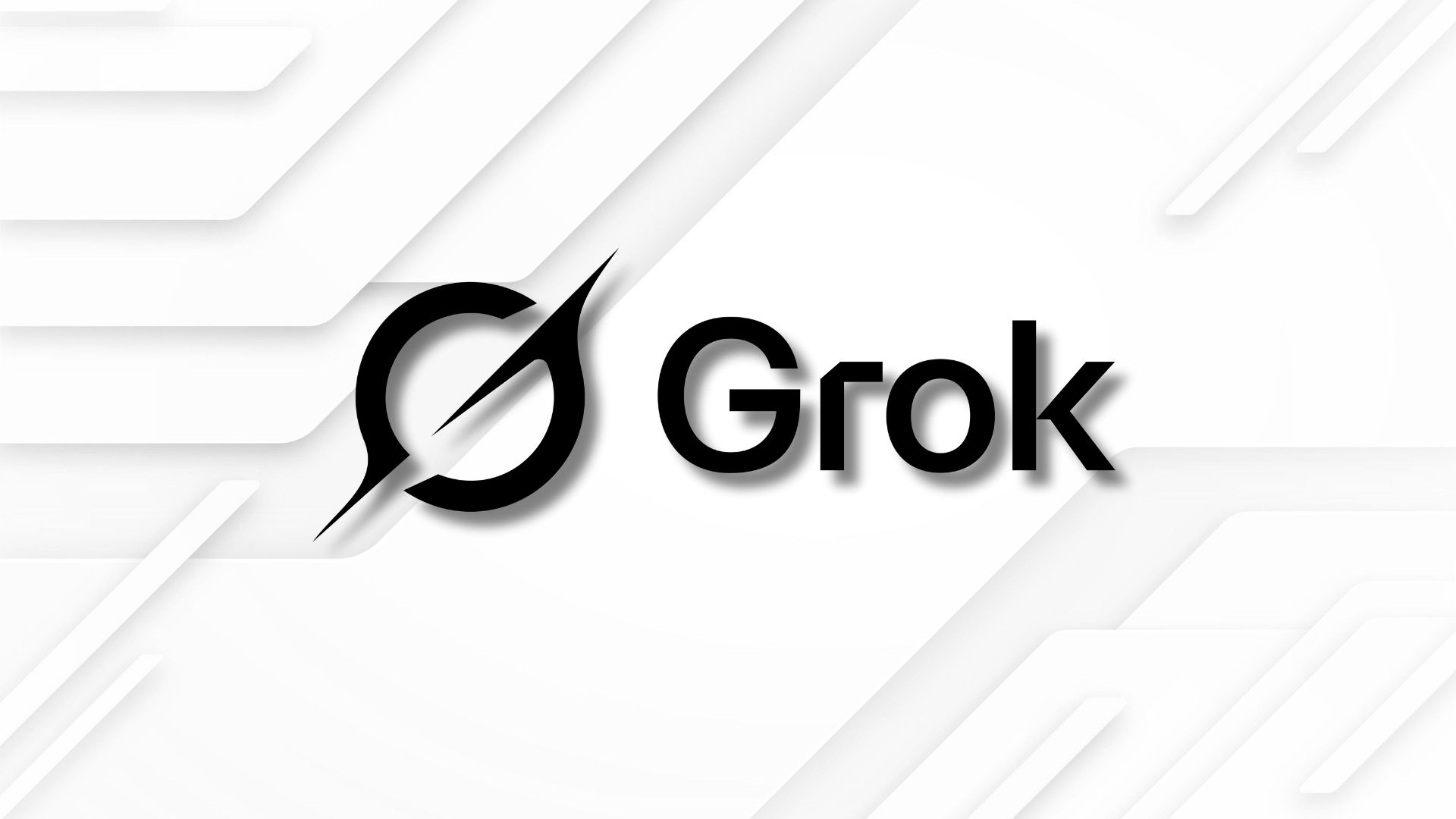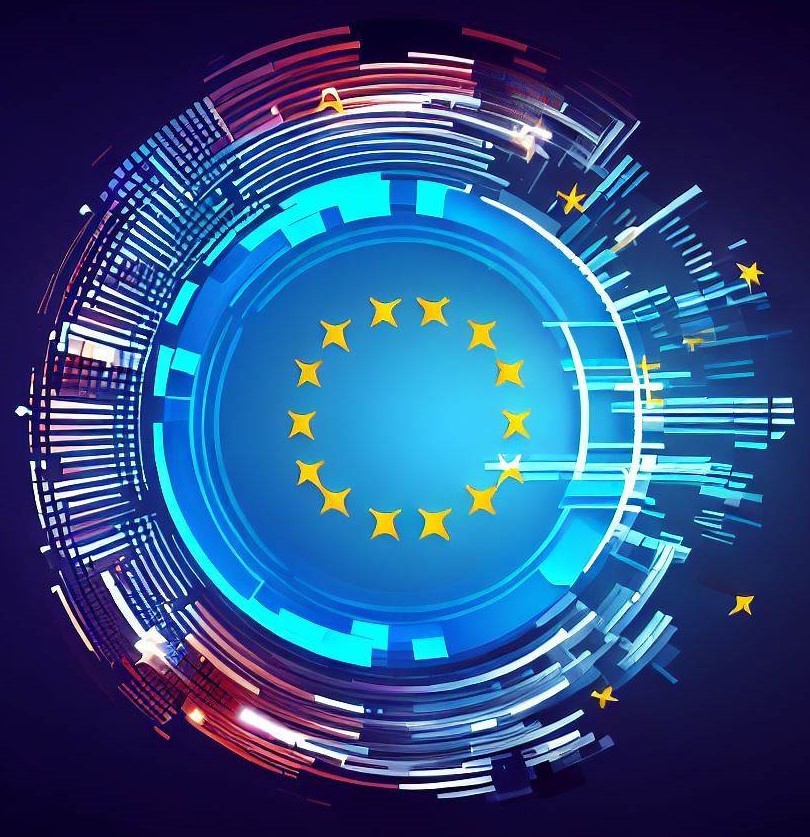Malaysia and Indonesia have restricted access to Grok, the AI chatbot available through the X platform, following concerns about its image generation capabilities.
Authorities said the tool had been used to create manipulated images depicting real individuals in sexually explicit contexts.
Regulatory bodies in Malaysia and Indonesia stated that the decision was based on the absence of sufficient safeguards to prevent misuse.
Requests for additional risk mitigation measures were communicated to the platform operator, with access expected to remain limited until further protections are introduced.
The move has drawn attention from regulators in other regions, where online safety frameworks allow intervention when digital services fail to address harmful content. Discussions have focused on platform responsibility, content moderation standards, and compliance with existing legal obligations.
Would you like to learn more about AI, tech and digital diplomacy? If so, ask our Diplo chatbot!










